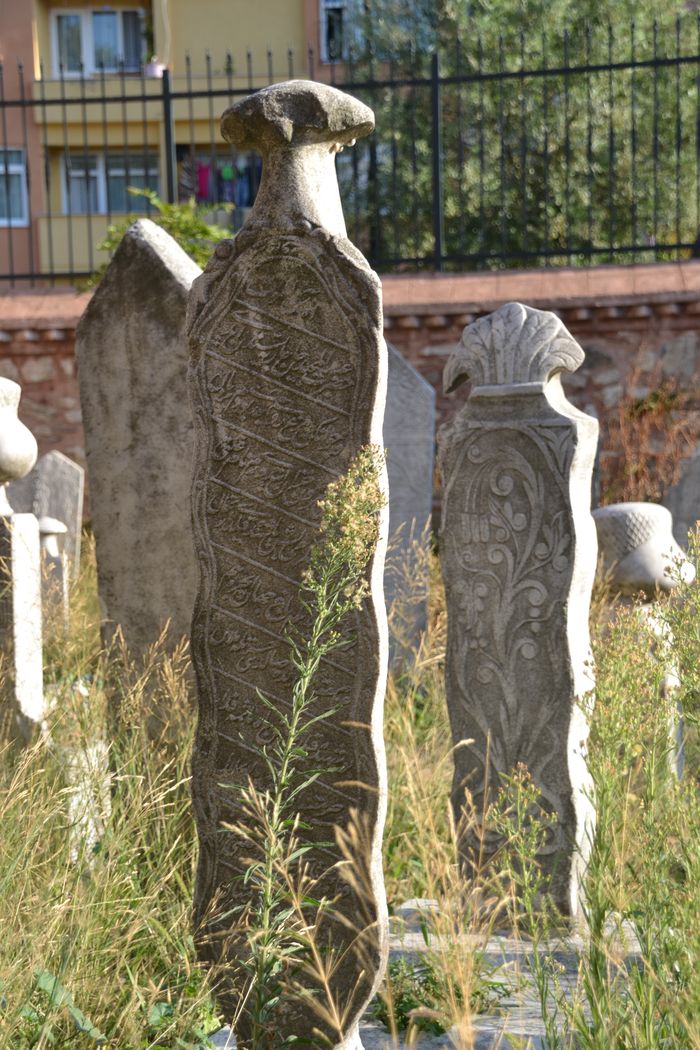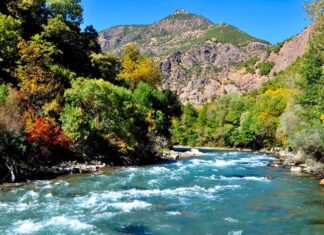When he gave rein to his horse and rode in the assault, he was erect and firm in his saddle, riding uphill and downhill alike, and when he checked his steed, reining it in, he would leap on high as though he had wings, and he mounted or dismounted alike with equal grace. In his old age the beard under his chin went bald, but the hair from his cheeks poured down, the growth on either side being thick and very profuse, so that wound round on both sides it was made into a perfect circle and he appeared to possess a full beard.
It was a habit of his to roll it between his fingers, a gesture to which he was particularly prone when roused to anger or giving audience, or when he was engaged in deep thought. That was a frequent habit; another was to put his fingers on his hips, arms akimbo. He was not a fluent speaker. The phrases were not rounded off, nor were they lengthened out into periods. In fact, he clipped his words, with little pauses between them, more like a peasant than a man of good education. He had a loud laugh, which convulsed the whole of his body.
37. The emperor seems to have lived a very long time, more than all the other sovereigns, for from birth up to his twentieth year he shared imperial power with his father and Phocas Nicephorus, and later with John Tzimisces, the latter’s successor. During this period he occupied a subordinate position, but for the next fifty-two years he ruled supreme. He was therefore in his seventy-second year when he died.**21
Notes
The notes which follow are not bibliographical and are only intended to give some indication of background to those who have no knowledge of the period. Fuller references and information can be found by referring to the works cited in the Bibliographical Note.
Notes
1. Psellus begins where Leo the Deacon finishes, at the death of John I Tzimisces in 976. Leo (Hist., X, II, p. I77) describes the circumstances of the emperor’s death, but whether he died from poisoning or after a severe illness is not certain. Cedrenus (684, p. 415) definitely asserts that the Lord Chamberlain, Basil, bribed John’s cupbearer to poison him, but both Psellus and Cedrenus are probably biased in their accounts of Basil.
2. The young emperors ascended the throne on 11 January 976. Basil was now eighteen years old and his brother two years younger. Both were already theoretically invested with the purple, for they had been crowned during their father’s reign and after Romanus II’s death in 963 had been under the guardianship of their mother Theophano and then of the co-emperor Nicephorus II Phocas (who had married Theophano) and John I Tzimisces.
Read More about The Lighthouse Keeper of Aspinwall part 10








